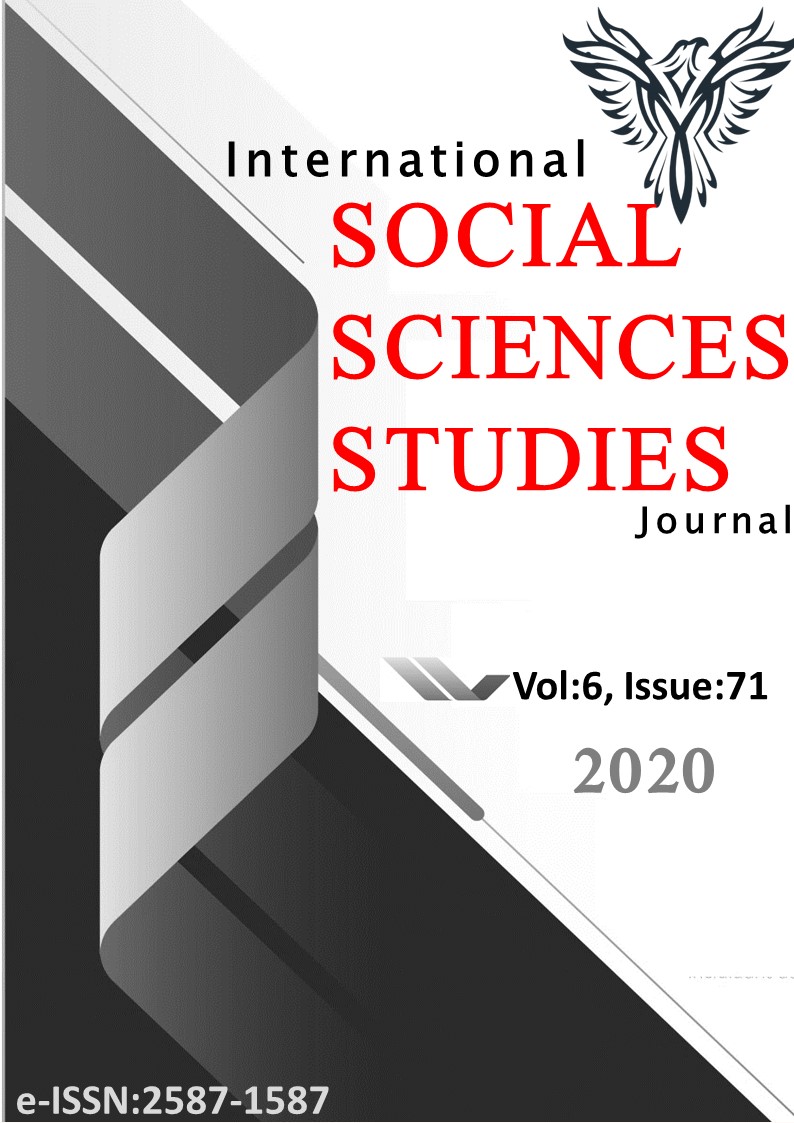Author :
Abstract
Batı düşüncesi tarihinde “gerçek” kavramına farklı yaklaşan üç biçimden (Tanrı-merkezli düşünce: “Gelenek”, insan/akıl merkezli düşünce: “Modernizm” ve merkezsiz düşünce: Postmodernizm) biri olan Postmodernizm günümüzde mimariden ekonomiye, toplumsal hayattan siyasete kadar yaşamın hemen her boyutunda varlığını hissettirmektedir. Ama en çok etkilediği alanlardan biri kuşkusuz tarihtir. İşte bu çalışmada postmodernizmin tarihe avantajları ya da dezavantajlarının, olumlu ya da olumsuz etkilerinin boyutları üzerinde durulacaktır. Başlıkta “yarar” ve “zarar” kelimelerinin tercih edilmesi, Postmodernizm’in soy kütüğünde atıfta bulunulan düşünürlerden F. Nietzche’ye (“Tarihin yaşam için yararı ve zararı üzerine” kitabına) bir göndermedir.
Keywords
Abstract
In the history of Western thought, Postmodernism is one of the three major philosophical movements which deals with the concept of “reality” (The first one is the God-based “Traditional” thought, the second one is human/reason-based “Modernist” thought and the third one is decentered “Postmodernist” thought). Today Postmodernism makes its presence felt in almost all areas of life like architecture, economy, social and political life. History is certainly one of the most influenced by Postmodernism. In this study we will analyze the positive and negative effects, or advantages and disadvantages of Postmodernism on History. The words "advantage" and "disadvantage" used for the title are reference to Friedrich Nietzsche (and his work "On the Advantage and Disadvantage of History for Life").





